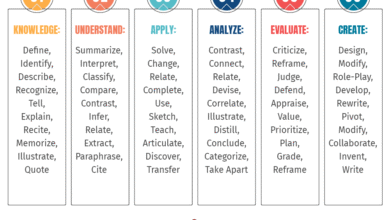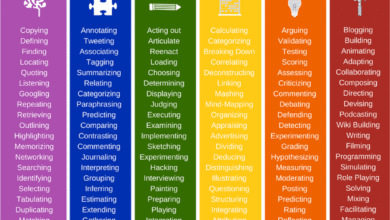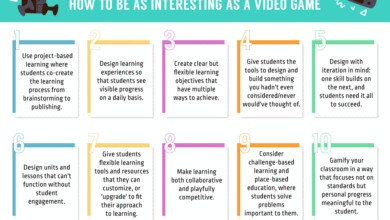Books About Creating, Maintaining, and Leveling-Up Your Friendships

This content contains affiliate links. When you buy through these links, we may earn an affiliate commission.
I’m sure you’ve seen the headlines. Americans are experiencing a loneliness epidemic, and (ironically?) we’re not alone: the World Health Organization has declared loneliness “a global health concern.” The problem is so serious that last year, U.S. Surgeon General Vivek Murthy issued an 80-page advisory outlining the causes and related health concerns along with a six-pillar framework for increasing social connections through both systemic and individual measures.
Folks, the data are grim. A lack of social connections can increase a person’s risk of premature death as much as smoking 15 cigarettes a day. Heart disease, stroke, depression, anxiety, dementia—the gang’s all here. Relationships aren’t a luxury. Indeed, the longest-running study on human happiness, conducted at Harvard over several decades, has revealed that deep relationships are the strongest predictor of well-being. Correcting this problem, reconnecting our communities, and creating new ones will take a concerted effort, and we will need something more than a hearty exhortation to “get back out there!” to help us do it. Here’s a look at books that offer structures and practical advice for developing new relationships and deepening the ones you have.
For a comprehensive look at Dr. Murthy’s work on the relationship between social, emotional, and physical health, go directly to his excellent book, Together: The Healing Power of Human Connection in a Sometimes Lonely World.
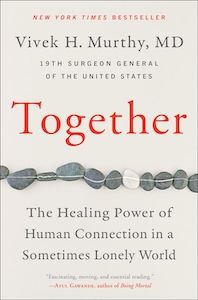
Dr. Murthy’s thesis is simple: our relationships (or lack thereof) impact every aspect of our health and every level of our society. Here, he offers compelling evidence of how dire the problem of loneliness has become and suggests small practices that can add up to significant positive change. It’s stuff like devoting just 15 minutes a day to paying focused attention to your loved ones, getting involved in service activities, and embracing solitude, which is distinct from loneliness in meaningful ways. For actionable insight on how to enjoy your own company (and why it makes you better company for others), take a look at Rachel Wilkerson Miller’s The Art of Showing Up: How to Be There for Yourself and Your People. Anne Helen Petersen dives into its advice and applications in this recent piece. And for a spiritually-informed approach, pick up How to Connect by Thich Nhat Hans.
One of the keys to building and maintaining connections is making good use of the time you have with the people you care about. So much easier said than done!
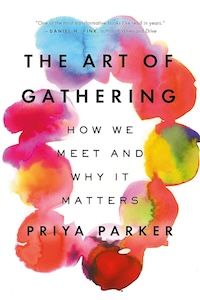
In The Art of Gathering: How We Meet and Why It Matters, facilitator extraordinaire Priya Parker extends her expertise to explain why so many of our events and gatherings fall flat and teach us how to plan get-togethers that people will actually enjoy. Parker’s advice is applicable at work, at home, at dinner parties, birthday bashes, book clubs, family reunions, and, well, you get the picture. Whether you’re inviting two pals over for a Netflix-and-snacks night or planning a conference for thousands of attendees, Parker’s principles will help you become a next-level planner.
If your life is set up in any arrangement other than the stereotypical heterosexual couple with a few kids and a house in the suburbs, Rhaina Cohen’s The Other Significant Others: Reimagining Life with Friendship at the Center is for you. And if your life IS that stereotype? Good news! This book is also for you.
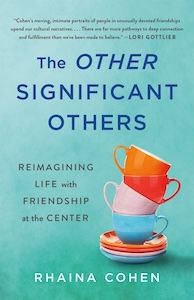
Through a series of profiles of folks who have decided to share their lives with platonic partners, Cohen presents a compelling argument that centering romantic relationships and romanticizing the idea of an all-in-one romantic-partner-and-best-friend sets us up for loneliness and puts undue pressure on our relationships. TL;DR: everyone needs friends. The stories Cohen presents here offer a few blueprints for how we can come to more expansive ideas of family and partnership and why we should give them serious consideration. Family can be whatever you want it to be, and the possibilities are infinite. No matter the shape of your current family or the family you desire, you’ll find inspiration in these pages.
If you’re thinking, “That sounds great, but how am I supposed to become a Golden Girl if I don’t have any friends to start with?” then Platonic: How the Science of Attachment Can Help You Make—and Keep—Friends by Marisa G. Franco is a good resource.
Subscribe to Better Living Through Books, your resource for reading material that helps you live the life you want.
Source link
